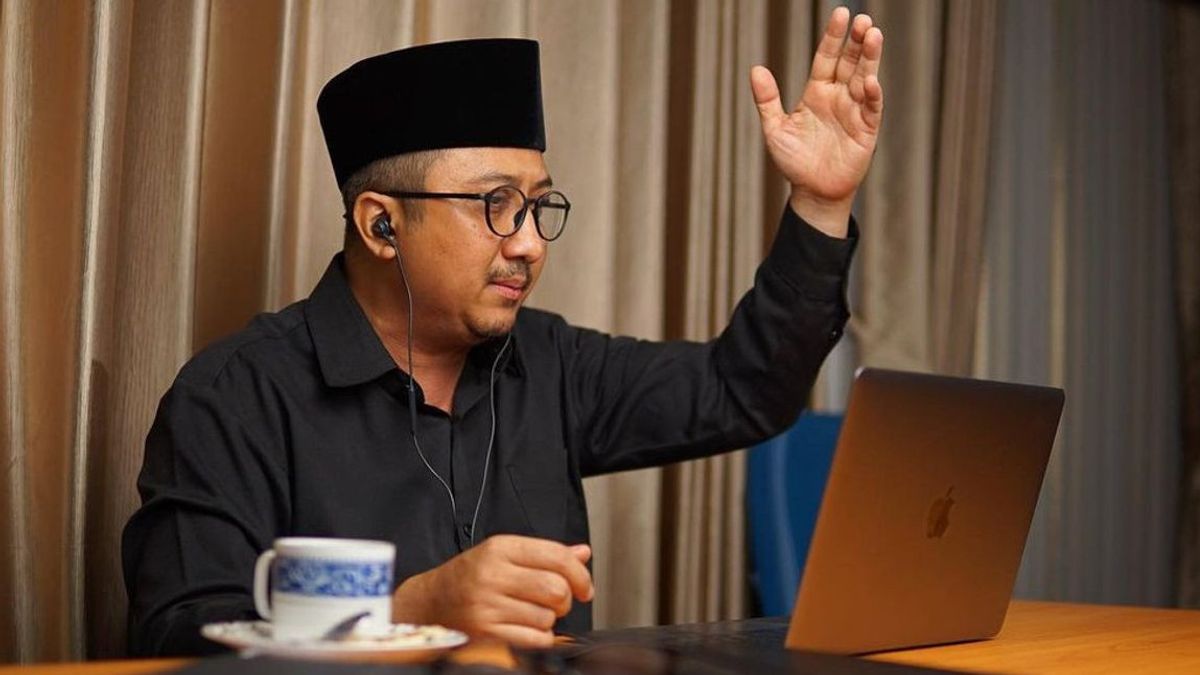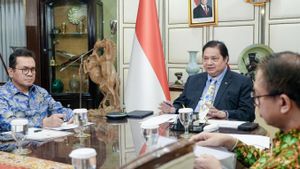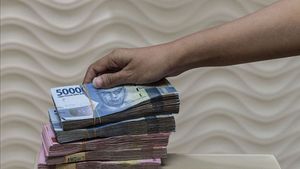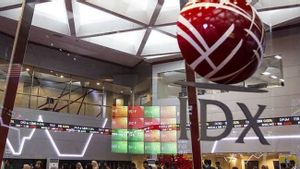JAKARTA - Jam'an Nurchotib Mansur or better known as Yusuf Mansur plans to leave PT Paytren Aset Manajemen. The confirmation of the departure of Wirda Mansur's father from the investment manager was conveyed in the announcement mid-last week.
"The board of directors of the company hereby announces that 100 percent of the company's shares that have been issued and owned by the shareholders will be purchased by another party," PAM management wrote in its announcement, quoted Monday, March 21.
After this release, PAM will be controlled by a third party and result in a change in shareholders.
"The implementation of the sale and purchase will only be carried out after obtaining the necessary approvals in accordance with the applicable laws and regulations," wrote the PAM Board of Directors.
However, this transaction still has to wait for approval from the regulator so that it can be realized.
PAM's own shareholders consist of Yusuf Mansur (80 percent), Hari Prabowo & Deddi Nordiawan who each hold 10 percent of the shares. The company itself has a fully paid-up and issued capital of IDR 10 billion.
In 2018, when introducing the PAM Syariah Likuid Dana Syafa Mutual Fund, Yusuf Mansur said that his party was targeting to manage IDR 3 trillion in funds in this product. This belief is in line with the payment gateway business they run, namely Paytren, which recorded a turnover of IDR 30 trillion.
Of the funds, 10 percent is targeted to go into mutual fund products that Paytren AM manages.
VOIR éGALEMENT:
"We will invite people to enter the payment gateway as much as 60 million," said Yusuf Mansur at the time.
However, the reality of funds managed by PAM continues to decline. Bareksa data shows that as of February, managed funds amounted to IDR 1.6 billion, a sharp decline from the position of IDR 11.34 billion.
Meanwhile, the highest amount of funds ever managed was recorded in 2019 at IDR 17.46 billion.
The other two products, namely PAM Syariah Saham Dana Falah (RDS FALAH) and PAM Syariah Mixed Dana Daqu (RDS DAQU) were liquidated in 2020. The reason is that the funds managed by the two mutual funds are below the minimum limit required by the Financial Services Authority (OJK).
The English, Chinese, Japanese, Arabic, and French versions are automatically generated by the AI. So there may still be inaccuracies in translating, please always see Indonesian as our main language. (system supported by DigitalSiber.id)
















